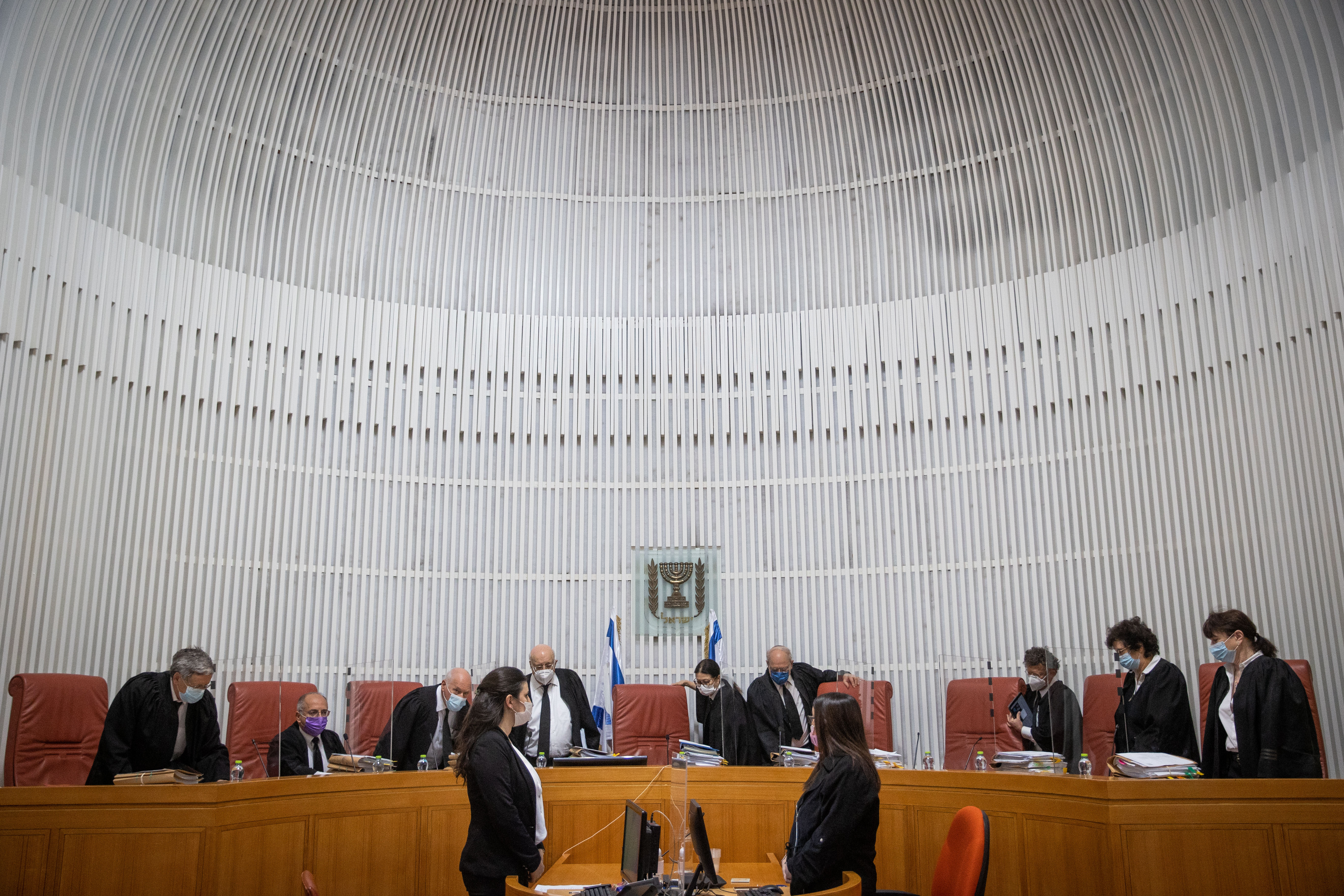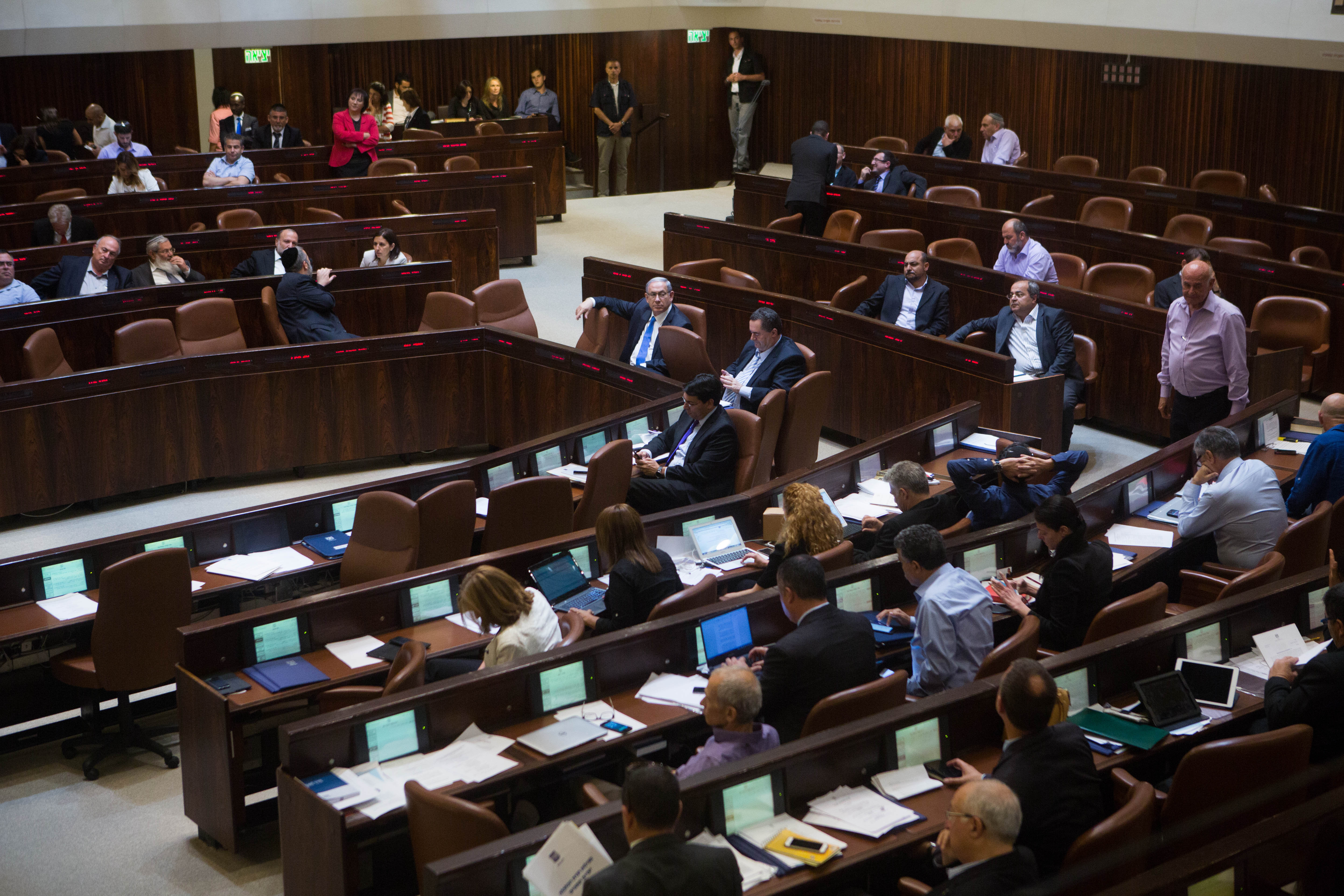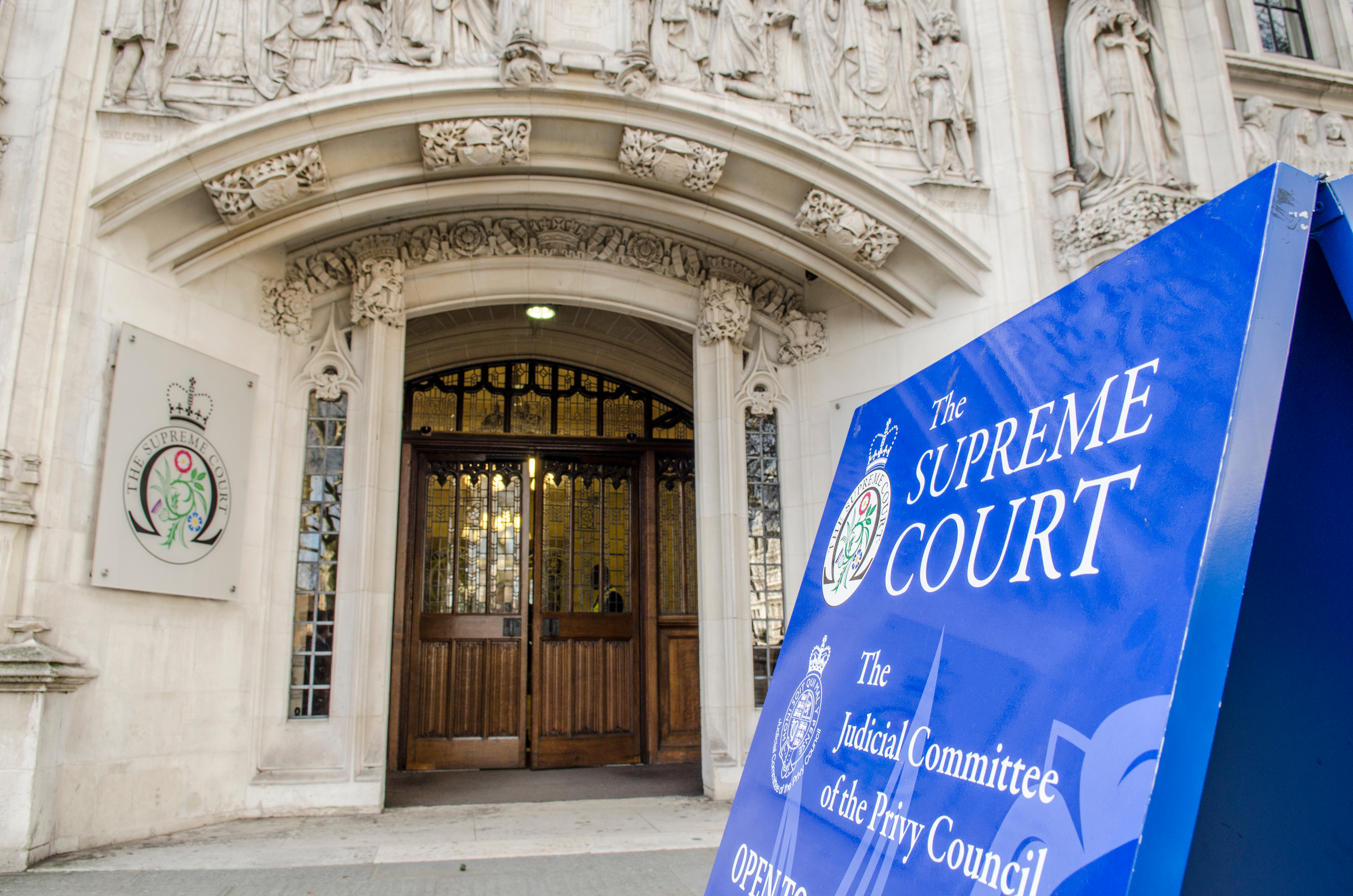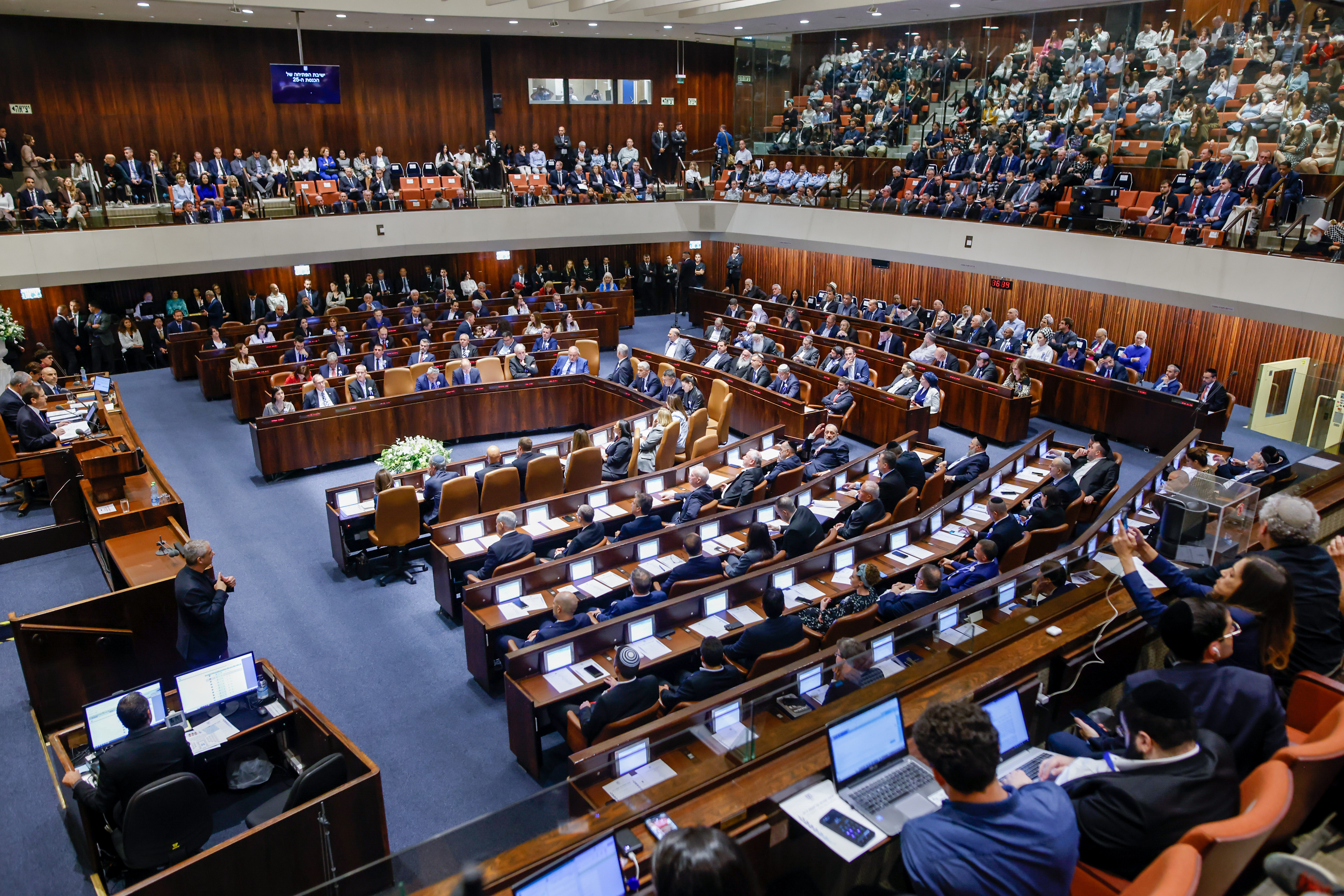The Planned Judicial Overhaul
Israel's Minister of Justice introduced a legislative package aimed at overhauling the judicial system.
The explicit intent of the reformers is to weaken the judiciary’s capacity to oversee the executive and legislative branches, while concentrating power in the hands of the coalition, which in the Israeli system controls the legislature. Supporters of the changes justify them as necessary to rein in an unaccountable judiciary, while opponents of the changes fear that the removal of the only effective check on executive power in Israel will jeopardize civil liberties, economic prosperity, and Israel’s international standing.
The standard of unreasonableness has roots in English law and is commonly used in many other countries. It is utilized in areas where a level of vagueness exists within legislation and allows the court to oversee government decisions where the government’s decision “disproportionately focuses on political interests without sufficient consideration for public trust and its protection.”
This is only used in cases that are deemed extremely unreasonable and may be seen as damaging to the democratic foundations of the country.
Highlighted Articles:
The Standard of Extreme Unreasonableness - Explainer
The coalition is currently seeking to advance a legislative amendment that will prevent the Supreme Court from annulling (or striking down) decisions of the government, individual ministers, and other elected officials (such as mayors) it finds to be "extremely unreasonable."
The proposed 'Override Clause' would grant the Knesset the authority to override judicial decision with a simple majority of 61 Members of Knesset. In Israel, any coalition government has by default 61 members. Therefore, any government would have the ability to override judicial decisions, affectively eliminating judicial review of legislation by the Court. Since in Israel’s parliamentary system the executive branch controls the legislative branch, the elimination of judicial review would remove the most significant checks and balances on the government.
Highlighted Articles
In Israel, the judge selection committee is composed of elected politicians, justices, and Bar Association members. Selection of a Supreme Court justice requires a majority of 7 of the nine members, which means neither politicians nor justices can unilaterally control of the selection process.
The proposed overhaul would provide the coalition government in power almost complete control over the selection of judges, politicizing all ranks of Israel's judicial system.
Highlighted Articles:
Ministerial legal advisors have a dual role: they help the ministry implement its policies while serving as gatekeepers that ensure the ministry complies with the law.
Today, they are civil servants appointed by tender and report to the Attorney General. Under the proposed overhaul, the legal advisors will become political appointees, subordinated to the ministers and potentially transformed into yes-men, diminishing their ability to perform their duty and defend the law.


















